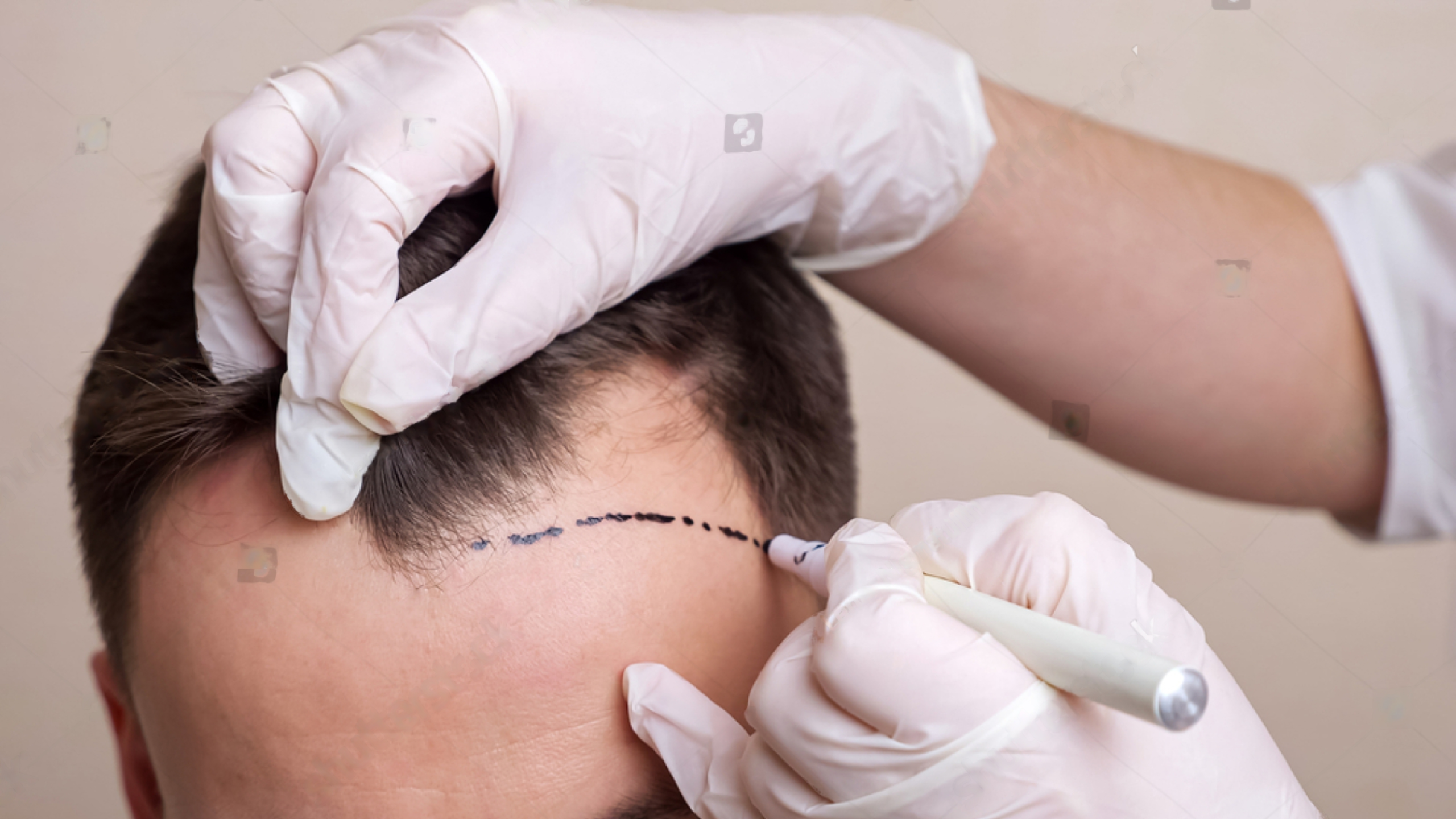Hair transplants have become a popular solution for individuals seeking to restore hair loss, but there are many misconceptions about the procedure. From pain and scarring to unnatural results and a one-time fix, there are many myths that can deter individuals from considering a hair transplant.
However, it is important to separate fact from fiction and understand the truth behind these common misconceptions. By understanding the reality of hair transplants, individuals can make an informed decision about whether the procedure is right for them. In this article, we will take a closer look at the top ten myths about hair transplants and provide the facts to dispel any misunderstandings.
Hair transplants are painful:
This myth may have arisen from older hair transplant methods that used large grafts and required extensive cutting and stitching. However, modern hair transplant techniques are much less invasive and typically involve only small incisions or punctures in the scalp. Local anesthesia is used to numb the area, and most patients report only minimal discomfort during the procedure.
Hair transplants are noticeable:
This was once a valid concern, as older hair transplant techniques often resulted in a “pluggy” appearance, with large grafts that were easily noticeable. Today’s hair transplant techniques use micrografting, which involves transplanting individual follicular units (1-4 hairs) instead of larger grafts. This allows for a more natural-looking result that is much less noticeable.
Only older people can get hair transplants:
Hair loss can occur at any age, and hair transplants can be performed on people of any age as long as they have enough healthy donor hair to transplant.
Hair transplants are only for men:
While hair loss is more common in men, women can also experience hair loss and benefit from a hair transplant. In fact, women make up a growing segment of hair transplant patients.
Hair transplants are a one-time procedure:
The extent and progression of hair loss can vary greatly from person to person, and multiple hair transplant sessions may be necessary to achieve optimal results. The number of sessions required will depend on the individual’s hair loss pattern and desired outcome.
Hair transplants result in unnatural-looking “pluggy” hair:
This is another myth that stems from older hair transplant methods. Today’s hair transplant techniques use micro grafting to create a more natural-looking result. The transplanted hairs are placed in the same direction as the surrounding hair, and the hairline can be designed to look natural and blend seamlessly with the rest of the scalp
Hair transplants cause scarring:
When performed by a qualified and experienced hair transplant surgeon, hair transplants should not result in significant scarring. Some mild scarring may be visible in the donor area, but it is typically minimal and can be hidden by the surrounding hair.
Hair transplants are only for the scalp:
Other body parts, such as the beard, eyebrows, and chest, can also receive hair transplants. These procedures are used to restore hair in areas that have thinned or become bald due to genetic factors or injury.
Hair transplants are a quick fix:
Results from a hair transplant may take several months to a year to fully develop, as the transplanted hairs need time to grow and mature. Additionally, some continued hair loss may occur after the procedure, so it is important to have realistic expectations and understand that hair transplants are a long-term commitment
Hair transplants are very expensive:
Depending on the scope of the treatment and the individual’s particular requirements, the cost of a hair transplant might vary significantly. Some insurance plans may cover the cost of a hair transplant if it is considered medically necessary, but most hair transplants are considered cosmetic procedures and are not covered. Financing options may be available, and many hair transplant clinics offer flexible payment plans to help make the procedure more affordable.
Do not pay attention to this misinformation and misconceptions Book a direct consultancy about hair transplants with our experienced medical consultant for more detailed information or WhatsApp us with complete details

